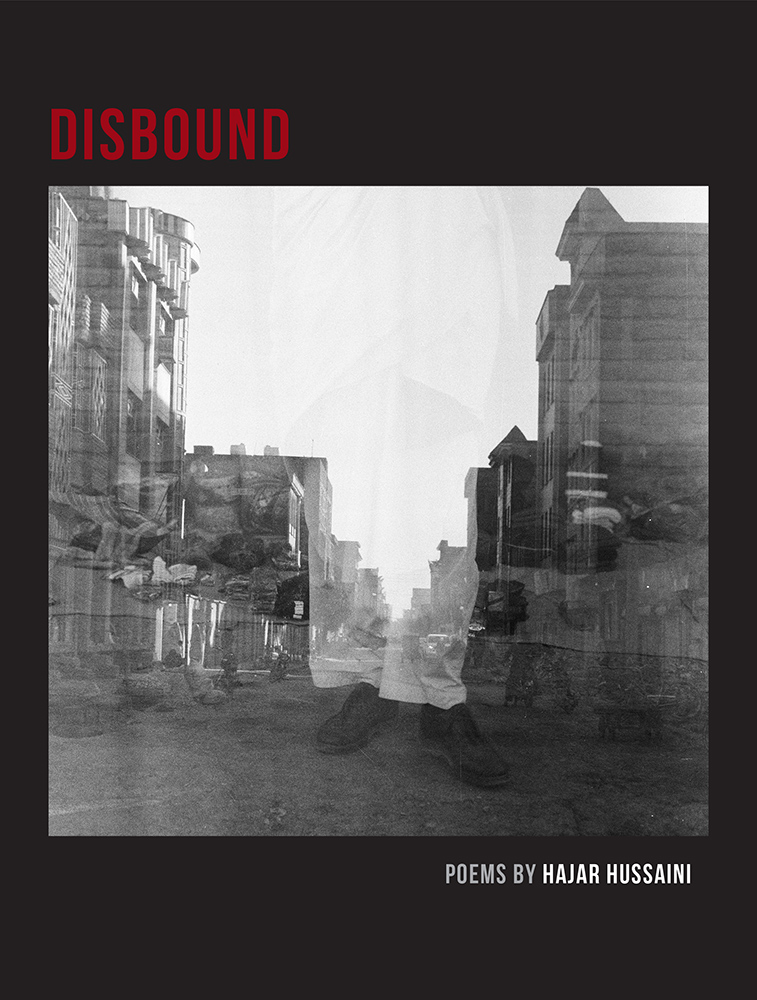
Paperback, 128 pgs.
I am an Amazon Affiliate
Above Ground by Clint Smith explores the impact of parenthood on a worldview, and how our historical institutions and personal histories influence their parenting, and how the social and political turmoil can creep into your life.
The collection opens with “All at Once” provides readers an opening sense of overwhelm. Everything is happening simultaneously in different places from the child learning to walk to the wildfires destroying the forest to teachers calling parents about good deeds of students to scientists finding a vaccine to a mother getting the sad news that cancer has returned. All of it is overwhelming in so many ways, much like becoming a parent can be. Isn’t that when the worries start piling up?
Smith’s poems are fundamental and sweet — the anticipation of a child’s birth even across miles and over FaceTime. But they also can call us to the chopping block like in “When People Say ‘We Have Made it Through Worse Before'”: “But there is/no solace in rearranging language to make a different word/tell the same lie. Sometimes the moral arc of the universe//does not bend in a direction that comforts us./ (pg. 12) and in “Roots” where the narrator reminds us: “Your life is only possible because of his ability/to have walked through this country on fire/without turning into ash.” (pg. 25)
“Lines in the Sand” is a poem that should speak to every parent and should tell our policymakers to rethink their actions. I cannot begin to tell you how emotional the lines in the poem are. “Legacy” is another of my favorites. It is just beautiful.
Above Ground by Clint Smith is more than a collection about parenting and parenthood. It’s about the care we should take with all the children, with our Earth, and with our own lives. We should not be idle and we should take our own steps to make things better. We want to stay alive, we must act, not be idle.
RATING: Cinquain

Clint Smith is a staff writer at The Atlantic. He is the author of the narrative nonfiction book, How the Word Is Passed: A Reckoning With the History of Slavery Across America, which was a #1 New York Times bestseller, winner of the National Book Critics Circle Award for Nonfiction, the Hillman Prize for Book Journalism, the Stowe Prize, the Dayton Literary Peace Prize, and selected by the New York Times as one of the 10 Best Books of 2021. He is also the author of the poetry collection Counting Descent, which won the 2017 Literary Award for Best Poetry Book from the Black Caucus of the American Library Association and was a finalist for an NAACP Image Award. His forthcoming poetry collection, Above Ground, will be published March 28, 2023.










